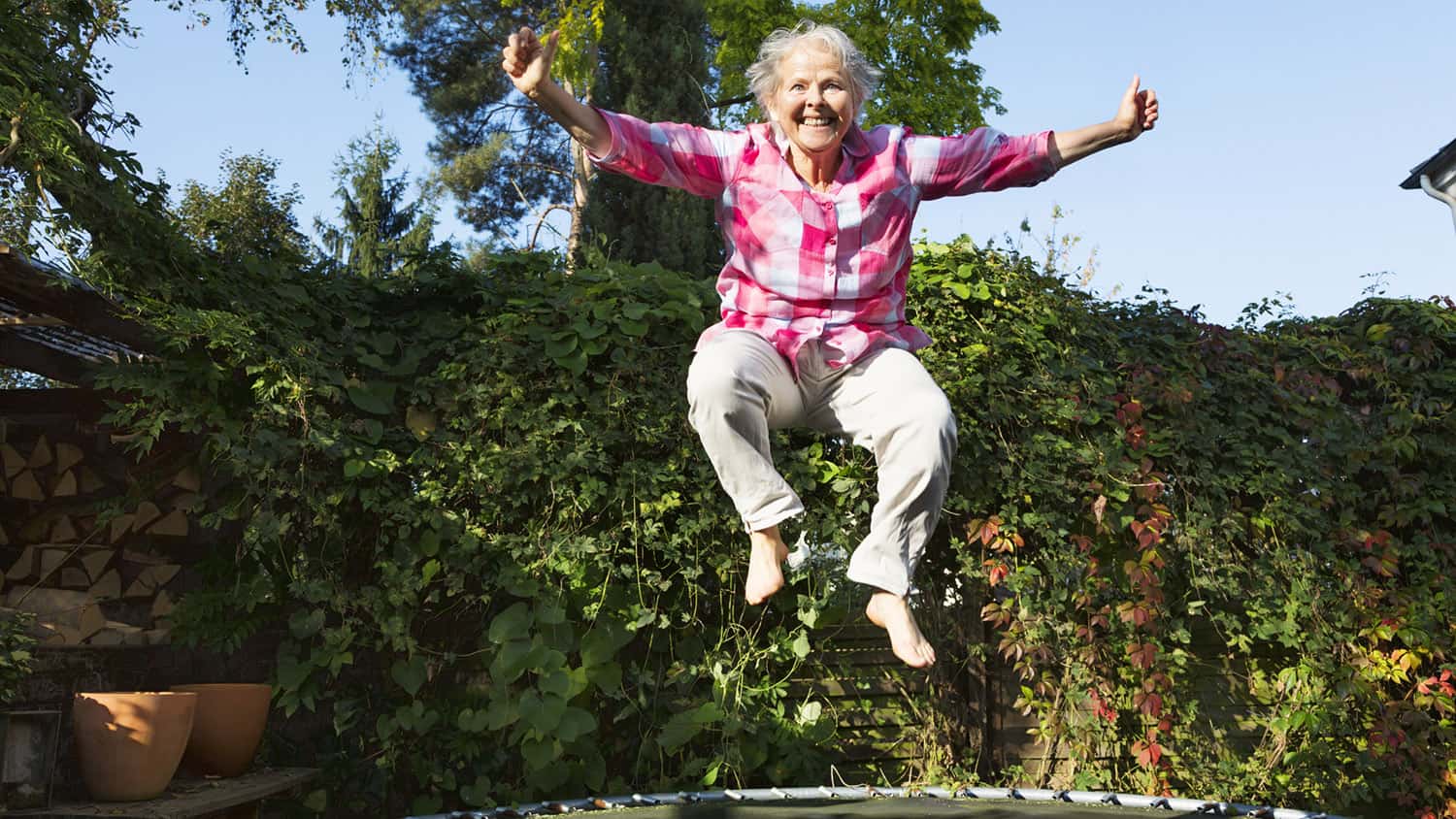
Adventure Is Exhilarating, but Before You Go – Know Your Limitations
Ellen hunched over the saddle like Quasimodo, hanging on, for dear life, to the saddle horn with one hand and the back of the saddle with the other, as Toni (her horse) trotted rapidly to keep up with the front of the herd.
The long line of 23 pack horses and riders stretched out over the rolling hills, the slopes full of heavy bushes reaching skyward. Ellen’s body was jarred hard over the rocky ground. There was a lot of trotting.
At times, a grizzly sow and her cubs would appear, their curious gazes upon us. We were, perhaps, the first horses and humans they’d ever seen.
A Conundrum
Ellen was miserable. As soon as she got off the plane, she told our guide that she was “terrified of horses.” At 65, a skier and hiker, she had decided to sign up for two full weeks in the remote Northern Canadian wilderness – by pack horse.
No roads, no hotels, no nothing. Just hard, long days by horse. Camping, crossing rivers, hiking.
Every single day was the same: catching, haltering, bridling, riding, and catering to our horses, sometimes in heavy rain, sometimes in stark cold; climbing and descending steep rocky hills on foot with these massive animals right on our heels.
Most of these horses were Percheron mixes. For the uninitiated, Percherons are drafts, a breed like the massive Budweiser Clydesdale, bred to work.
They have tremendous stamina, sweet natures, and can go forever. That’s what you want in a horse taking you and your food and tent supplies for miles into uncharted territory.
But not if you dislike or are terrified of horses.
Not surprisingly, Ellen got herself badly injured almost immediately. After swinging herself up behind the saddle (I am still stumped as to how someone does this) she slid off Toni’s rear end.
Toni got blamed for bucking her off (which she hadn’t, being a placid horse), and Ellen was placed on another sweet horse that needed steering. Ellen did nothing of the sort.
She let the reins lie on the horse’s neck, so when Vern faced a tree going up a steep slope, he chose to go under a branch that gave him room, but not Ellen. Vern wasn’t being mean, but Ellen was nothing more than weight on his back giving him no helpful instruction.
So off she went. Not the horse’s fault, but the fall rendered Ellen invalid for the remainder of the trip.
Do We Know Ourselves, Really?
This isn’t a slam on Ellen, but it does beg the question: why would anyone knowingly sign on to a grueling trip that they will likely not enjoy?
In Ellen’s case, she signed up for a non-forgiving adventure in the remote wilderness knowing she had to deal with horses each day – and she didn’t even like them. She ended the trip not liking them any better. If anything, she seemed to resent them even more.
Ellen had some experience camping, but over the course of the two weeks we spent together during my month in the Muskwa-Kechika wilderness area, I learned that in all her travels, her husband had been the true athlete and adventurer.
Without the safety he provided, Ellen was getting some harsh feedback about her abilities. Or lack thereof.
This is no way to have fun. Nor would I wish this kind of experience on anyone. I am the first to encourage people to go forth and adventure but there are some common-sense guidelines that you and I need to take into account before we plan a trip.
The Guidelines Are There for a Reason
What are your real abilities and limitations? Do you know what you can’t do? Has anything changed about your physical competence, i.e., injuries, or disability?
Have You Read the Small Print About the Adventure?
For this trip, we were admonished to learn how to ride.
I train on horses nine months out of the year or else I’m on an extended ride like this one. This is what I do well. I can’t ski worth a piddly which is why I would never in a million years sign up to heli-ski down some remote mountain.
I don’t belong there, and I would be a liability – if not a danger – to the entire group.
Do You Have an Overblown Notion of Your Physical Capacity?
The ego is a tender thing, and it’s hard to admit that we may have lost a step.
However, to sign on to a trip that has significant physical demands, which are beyond your current capacity (and you aren’t willing to own to that), or you aren’t willing to put in the time to get in shape to be able to do that trip, is to put the group and the guides at risk.
“I don’t go to the gym,” Ellen said with great pride early on. Unfortunately, that was obvious.
What Is Your Real Motivation for Taking on This Adventure?
Did a friend talk you into it despite your reservations? Are you trying to prove something – to yourself or others? No matter what the motivation, at some point it makes a great deal of sense to reveal your why. Sometimes you find out your why makes no sense and could possibly lead to trouble.
Can Others Rely on You – or Are You a Burden?
Finally, you and I have a responsibility to the others in the group, the guides and crew. To knowingly go on an adventure for which we are not prepared emotionally or physically is not only dangerous, it dishonors the hard work others put in to be on that trip.
The other riders in our group had either been on a previous trip with the same guide, taken riding lessons, or both. They were ready. Ellen wasn’t.
Her conduct wasn’t fair or respectful to the group. It also sucked valuable resources out of the crew’s time when they had a huge line of pack horses to manage, other people to watch, and constant repairs to make.
Know Your Limitations
Knowing when to stand down is as important as having the courage to say yes to a challenge. In fact, in some ways, it takes even more courage.
At some point, you and I have to admit that we may not be able to do X anymore. Just because we have the time and money doesn’t mean that any given adventure is a good idea. We also need to respect our limitations.
Most folks who adventure are in the 50 to 70 range. But not all adventures are equal. Many are gentler, with a soft bed and warm bath waiting at the end of each day. If that’s more your speed, eschew the wilderness and enjoy the journey.
How do you evaluate your current physical abilities? Would you go on an adventure that seems to be a larger bite than you can chew? How would you handle a situation that takes you beyond your limitations? What advice might you have for those who want to try something daring, but are not sure where to begin? Please share your thoughts below.
Tags Fitness Over 60






